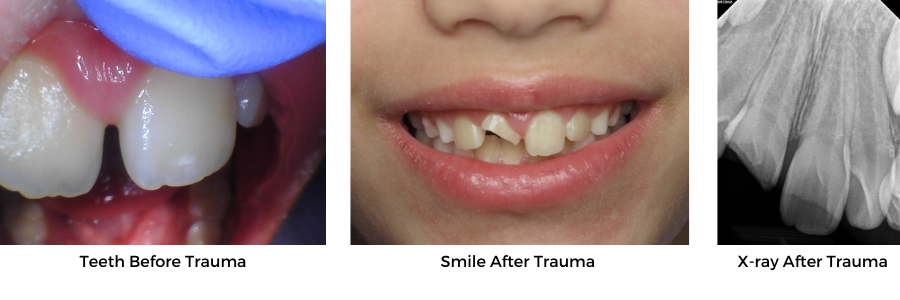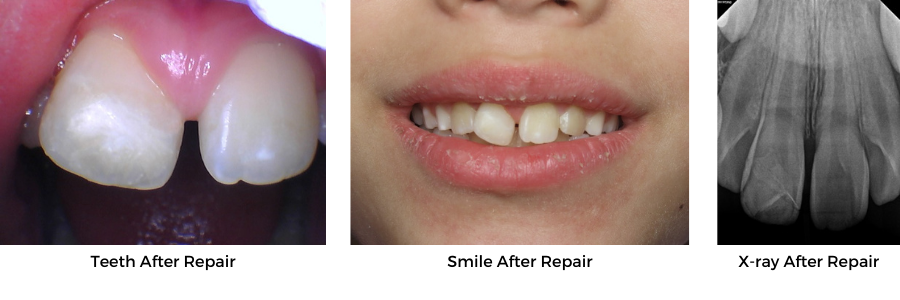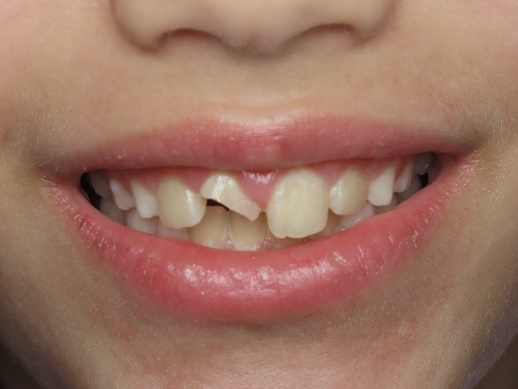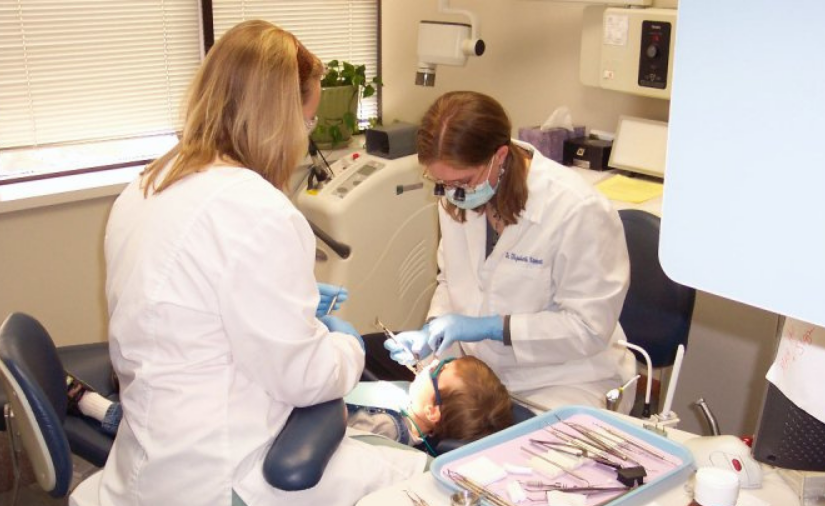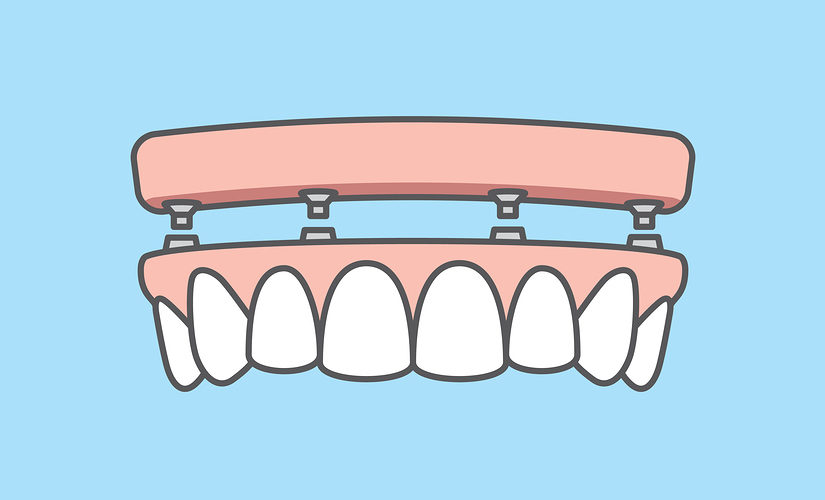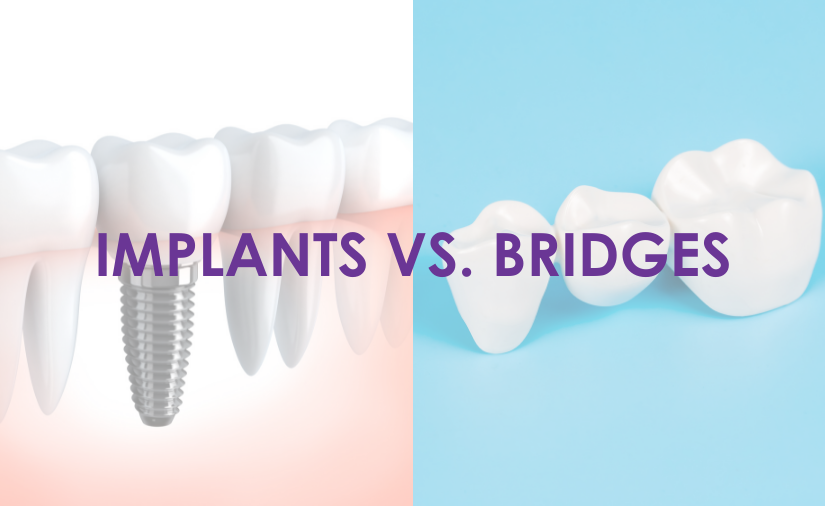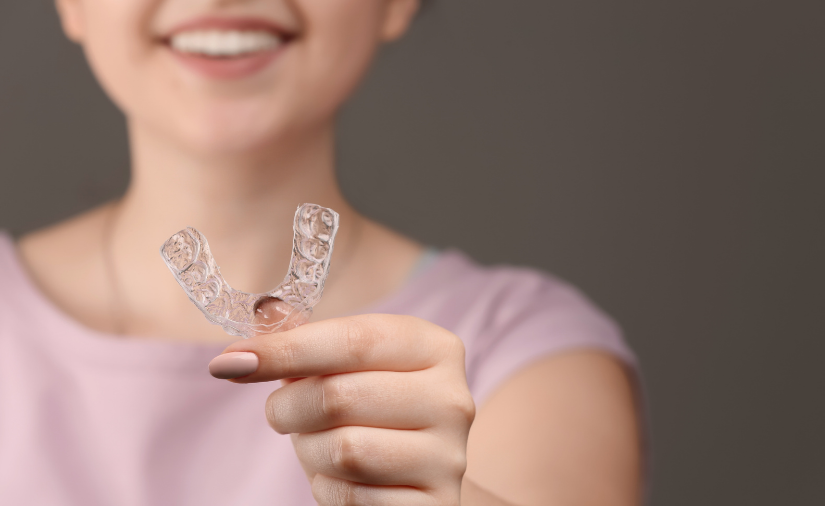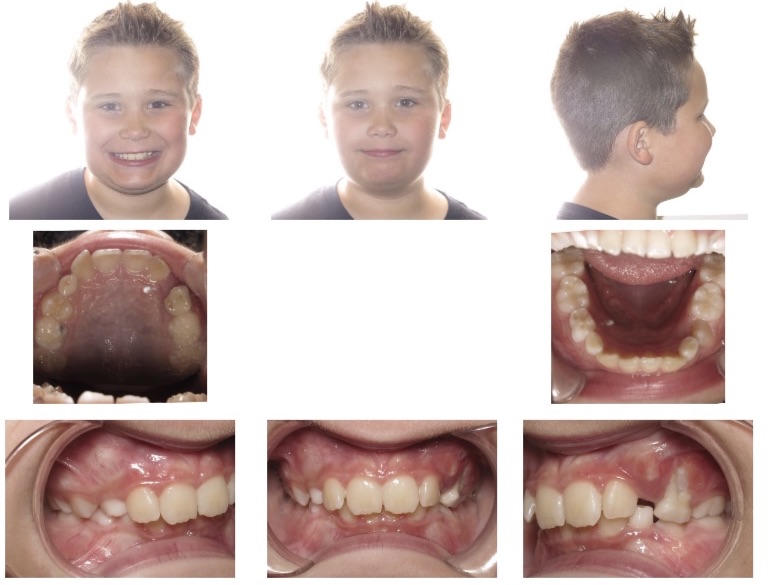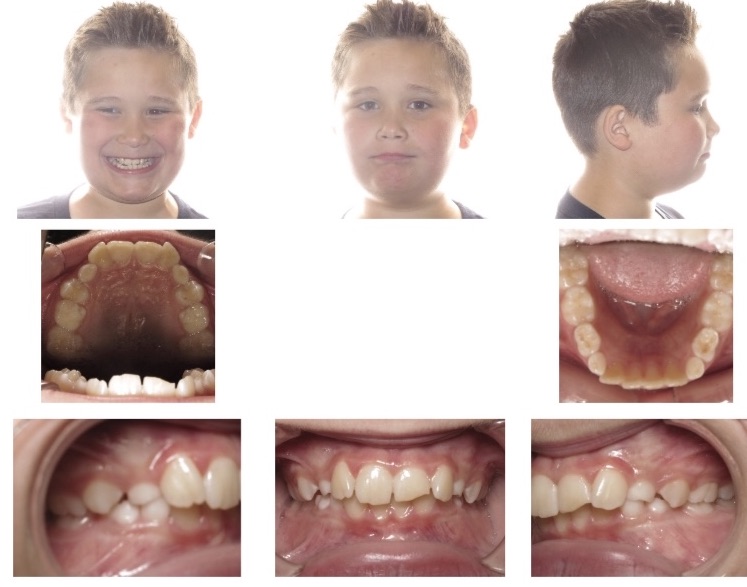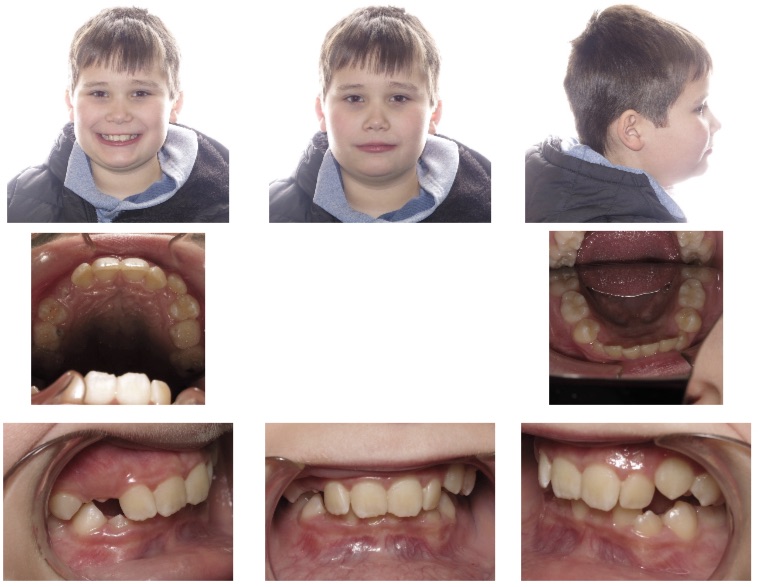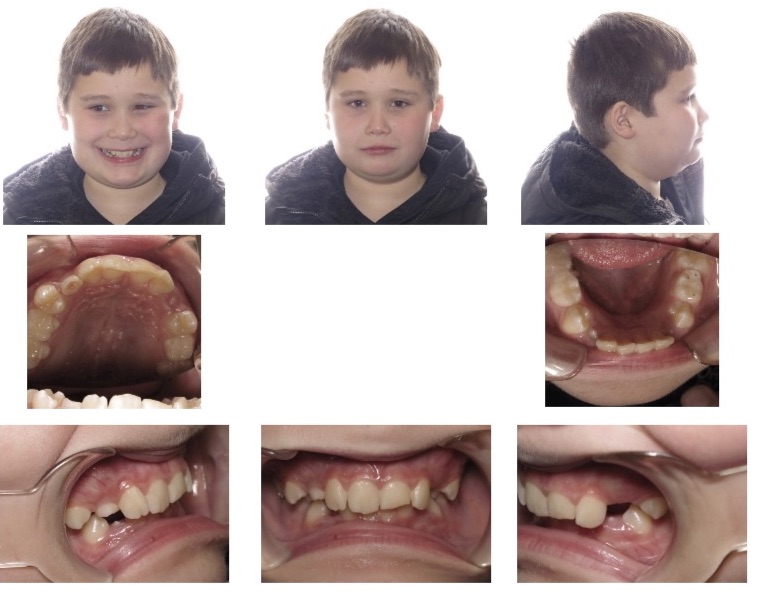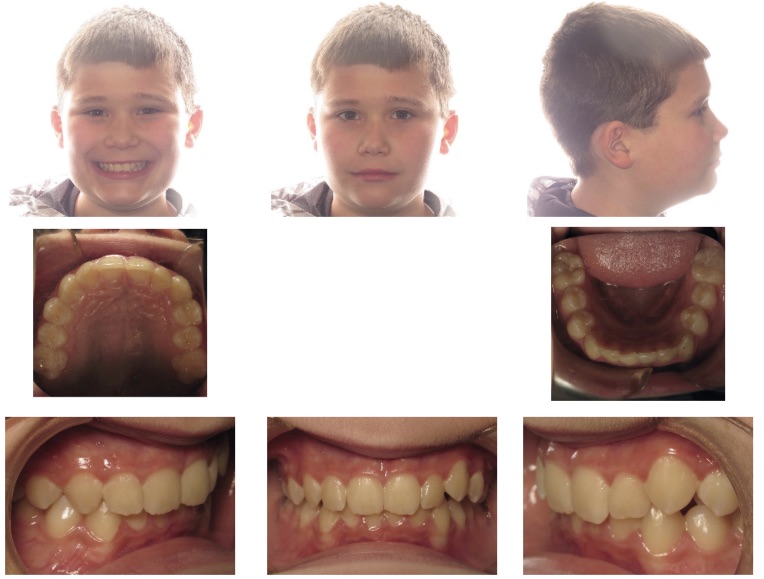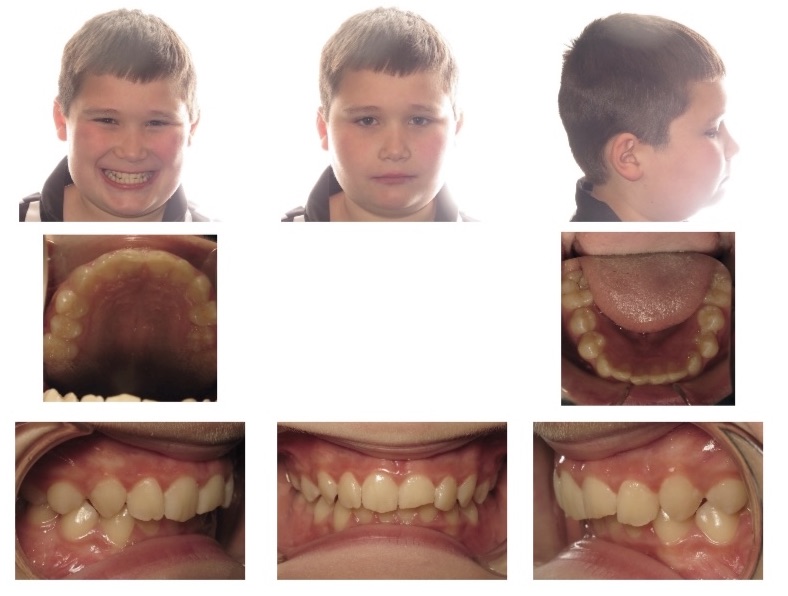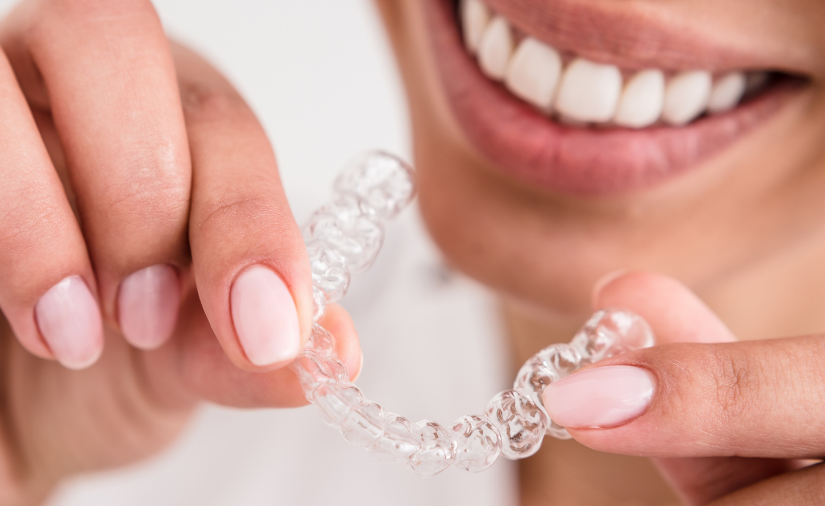By: Dr. Elizabeth Eggert
What happens when many teeth start to fail and not much else can be done to save them? How can we replace teeth and keep great esthetics and function? This month, we share two patient stories – David and Norma. Both of these two are vibrant individuals who have been able to keep their natural teeth well into their 80’s, but unfortunately the teeth just couldn’t be saved anymore. This blog shares how we were able to replace teeth for them.
How did this start? – David
David has been a patient of Dr. Elizabeth for over 15 years. Starting in 2019, Dr. Elizabeth started talking to David about how his two existing bridges for his upper teeth wouldn’t hold up much longer due to decay and breakdown of the fit against the natural teeth. About this time, David also noticed that one of the bridges felt loose and it was determined that one of the anchor teeth was abscessed with a likely root crack and needed to be extracted. This complicated things for David since his two bridges made up 9 of the 14 teeth of his upper arch. David decided to undergo the records process to learn more about his options.
Through the records process, it was determined that David only had 4 upper teeth with a fair to good prognosis. Conventional wisdom is that if 5 teeth on the upper arch are in good condition, we can try to replace teeth with a partial denture. Since David only had 4 remaining teeth in good standing for the upper arch, a full arch replacement was discussed including a full conventional denture, a locator retained overdenture on implants, a fixed hybrid “denture” (All-on-4® prosthesis), a full arch reconstruction with implants (one implant per tooth), or a full arch reconstruction with implants (restoring with implant bridges).
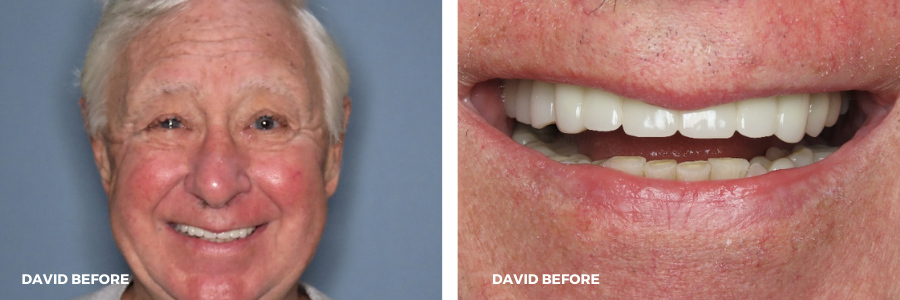
What did he want?
After discussing pros and cons for all options, David noted that eating and staying healthy were very important to him. He also noted that he was nervous that any sort of denture would affect his taste too much and he didn’t want that!
David and his wife watched our Spear Patient Education Videos to learn more about the differences between David’s possible treatment options. In the end, David decided that the All-on-4® Fixed Hybrid “Denture” was the right solution for him.
What was involved?
David had all of his remaining upper teeth extracted by Dr. Karl Andreasen of Momenta Oral Surgery in February, 2021. Dr. Andreasen was able to place 6 implants. One of the most magnificent things about the All on Four technique is that the case can be preplanned through 3D imaging and computer software simulations. This allows for the surgery to occur and a temporary prosthesis to be placed on the same day. Therefore, David never had to be without teeth!
The procedures to start fabricating the final restoration for David started in November, 2021 as the implants needed a few months to fully integrate. In multiple visits, David worked with Dr. Elizabeth to perfect his bite, the shade and shapes of his teeth, as well as his speech. Just before the new year, David’s final prosthesis was ready to go. At first, Dr. Elizabeth ran into a minor complication during the final torquing of the prosthesis because David’s puffy gum tissues kept the prosthesis from fully seating. But, after a couple more weeks, David’s gum tissues had a chance to heal and the prosthesis seated very well.
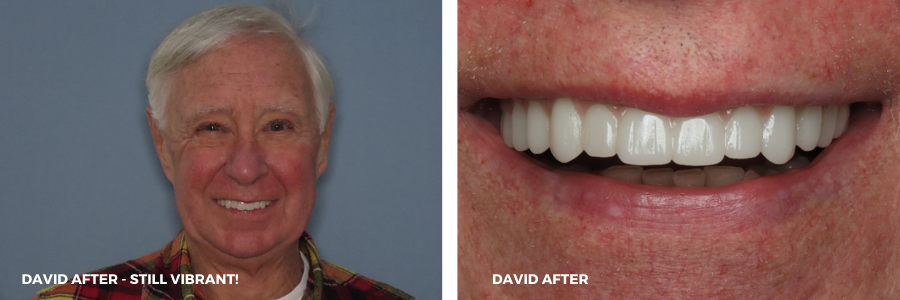
What did he think?
David has been very happy with his prosthesis. He tells us everything is going great, he is comfortable, he can chew well, and he likes using a Waterpik to clean under the prosthesis. David noted that he had “no choice,” but to get a prosthesis like this and meet all of his expectations for chewing, esthetics, and taste. He feels that nothing has really changed for him and that he is eating and talking just like when he had his natural teeth.
David would tell anyone considering getting this treatment done to “just do it!” He has been very happy with his decision.
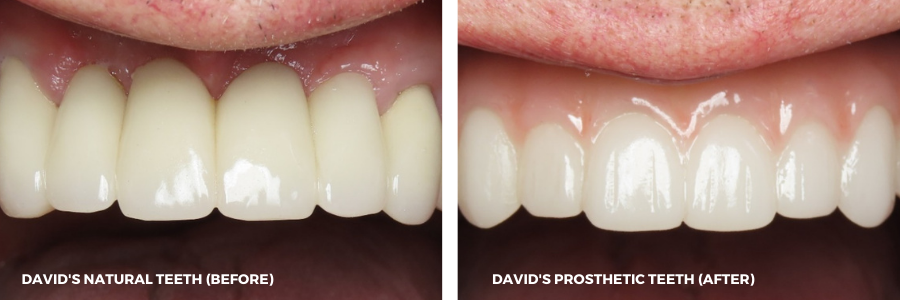
How did this start? – Norma
Norma and Dr. Elizabeth met in 2020 when she moved to Minnesota from Michigan to be closer to her daughter and son-in-law. Her son-in-law has been a patient of Dr. Elizabeth’s for over 15 years. She came to our office seeking a second opinion. She was shocked by the treatment plan presented by another dentist. After reviewing her records, however, Dr. Elizabeth agreed that there was a lot of dental disease occurring with Norma’s natural teeth. All the teeth, except one of her upper jaw, were infected and needed to be extracted (including multiple bridges). Therefore, Dr. Elizabeth and Norma also had to discuss full arch replacement options.
What did she want?
Norma wasn’t sure if implants would be worth it at her age, but after learning more, Norma was interested in the possibility of the All-on-4® technique as it was also important to her that she be able to continue eating well. Norma wanted to know what Dr. Elizabeth would recommend to her mother if in the same situation. Dr. Elizabeth encouraged Norma to seek out a consult with Dr. Andreasen about the All on Four technique.
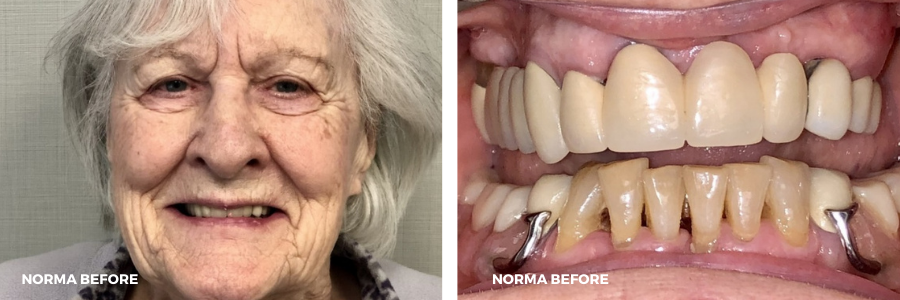
What was involved?
Norma’s story for what was involved is very similar to David’s. In her case, Dr. Andreasen was able to place 5 implants. Norma was impressed that she was able to leave her implant surgery day with a full set of (temporary) teeth!
What did she think?
Norma tells us she initially thought she was “too old” to do this procedure and she wasn’t sure she wanted to make the investment. She liked, however, how Dr. Elizabeth put it into perspective to help her make her decision. She notes, Dr. Elizabeth asked her “do you want to be able to eat or do you want to get yourself a new car?” Norma said she really doesn’t drive much, but she likes to eat!
Normal is happy with her decision and is happy she doesn’t have to worry about it anymore. Everything looks and feels great and her life has changed for the better since she doesn’t have to deal with multiple infections in her mouth.
Like David, Norma would encourage anyone needing this type of rehabilitation to “just do it! Your teeth are something you need every day. Yes, it is an investment, but it should last me the rest of my life!”
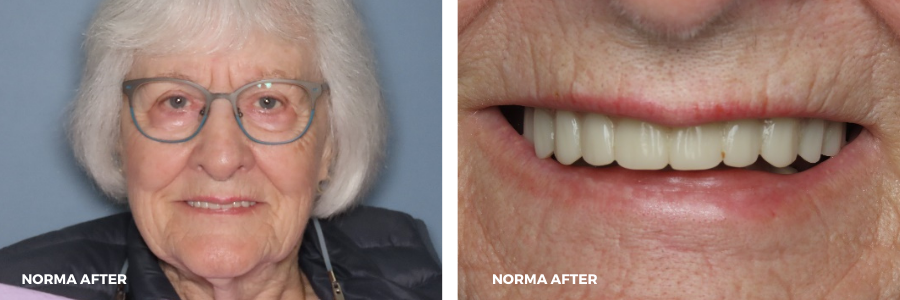
Congratulations David and Norma – you look magnificent! It’s been our pleasure to work with you!
